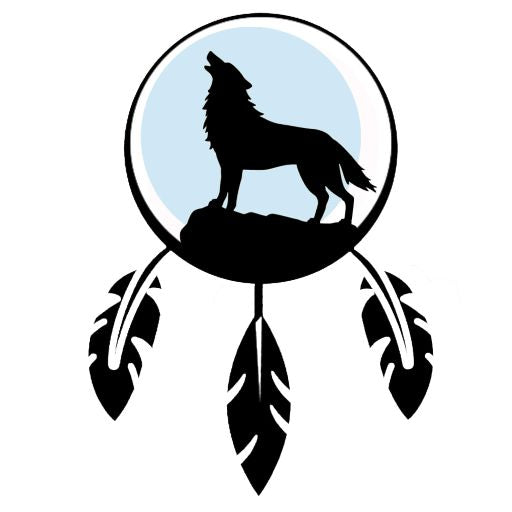Who is Considered Indigenous? A Look at Indigenous Identity and Rights

Indigenous identity is a complex issue that raises many questions, including: "Who is considered Indigenous?" There is no single answer, as this question touches on legal, cultural, and political aspects. Each Indigenous nation has its own criteria for belonging, and these criteria can differ from country to country or even from tribe to tribe. This article explores the definition of Indigenous identity and how it is recognized.
The criteria for legal recognition
In countries like Canada and the United States, legal recognition of a person as Indigenous often depends on federal laws. For example, in Canada, the Indian Act defines who is recognized as a "Status Indian" and who is entitled to certain rights and protections under that Act. In the United States, tribes must be recognized by the federal government to be considered sovereign Indigenous nations ( National Museum of the American Indian ).
These legal statuses are essential for indigenous people to be able to claim land rights, access natural resources, or participate in government programs intended for them.
Criteria for belonging to a nation or tribe
In addition to legal criteria, each Native nation or tribe may define its own membership criteria. These criteria are often based on kinship, active participation in the community, or cultural recognition. For example, some tribes require members to prove a certain lineage through their family line, while others may include those who strongly identify with the tribe's culture and traditions, even without blood ties ( Native American Rights Fund ).
Recognition within the community plays an important role in defining Indigenous identity. For many nations, belonging to an Indigenous community is much more than a matter of genealogy. It is also linked to language, customs, and responsibilities to the land.
Tribal sovereignty and its implications
The question of tribal sovereignty is also closely linked to the definition of Indigenous identity. Indigenous tribes, as sovereign nations, have the right to govern their own internal affairs, define their membership, create their own laws, and manage their lands. This sovereign status means that Indigenous nations are not merely cultural groups, but political entities recognized internationally and nationally ( Native American Rights Fund ).
Conclusion
The question of "who is considered Indigenous" is broad and depends on several factors, including national laws, tribal criteria, and cultural recognition. Indigenous identity is a spiritual, familial, and legal heritage, with profound implications for territorial rights and relationships with governments. To fully understand this issue, it is essential to consider the many facets of Indigenous identity and to respect the diversity of nations and peoples.
